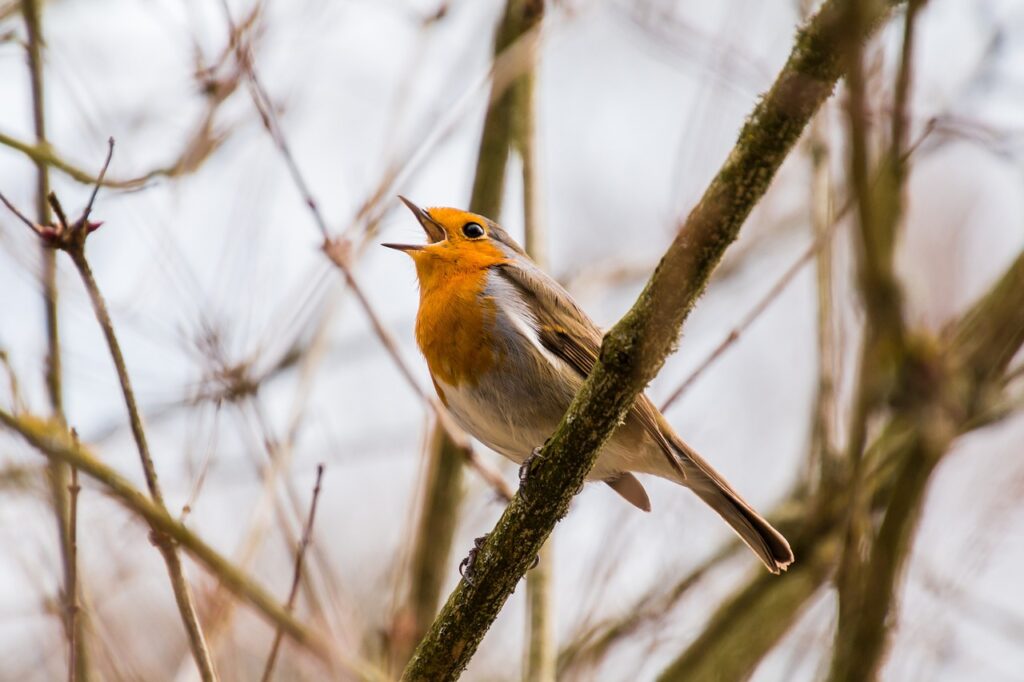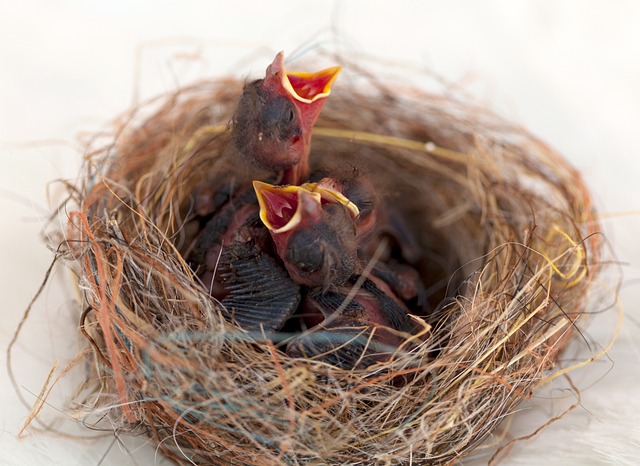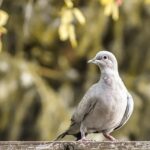Birdsong is perhaps the most lovely and natural sound on earth. Each morning, when the sun rises, birds fill the air with their sweet chirping. But have you ever asked yourself why birds chirp in the morning? Is it a mere habit, or is there a particular reason behind it?
In this article, we are going to discover the interesting reasons why birds sing in the morning. We’ll reveal the science, advantages, and various kinds of bird calls while making it SEO-friendly using appropriate keywords like “why do birds chirp in the morning,” “birdsong,” “morning chirping,” “bird behavior,” and so on.
The Science Behind Birds Singing in the Morning

Birds sing in the mornings for a variety of scientific causes, mostly in relation to survival, communication, and reproduction. Let’s get into the detailed reasons why birds are most chatty at sunrise.
The Dawn Chorus: What Is It?
The “dawn chorus” is the collective singing of birds during dawn. This is a phenomenon that is seen globally, where various species add their voices to the chorus in a synchronized manner. Birds begin chirping at dawn and sing for about an hour or two. Scientists have indicated that the dawn chorus is important in bird communication, attracting mates, and defending territories.
Why Do Birds Sing in the Morning?
The early morning hours are the ideal time for birds to sing. Here’s why:
- Less Noise Pollution: Early morning has less human and environmental noise, which makes it convenient for birds to communicate.
- Better Sound Transmission: Cooler air and more stable atmospheric conditions allow bird songs to travel farther.
- Energy Conservation: Birds are rested in the morning and sing before engaging in their daily activities, such as searching for food.
Key Reasons Birds Chirp in the Morning

To Mark Their Territory
Birds sing in the morning to mark and protect their territory. By chirping, they give a strong message to other birds: “This is my space!”
Territorial singing assists birds:
- Warn competitors to keep away
- Prevent conflicts
- Maintain dominance over a particular area
For instance, the Northern Cardinal and American Robin are particularly famous for their boisterous morning song to define their territory.
To Attract Mates
Songs of birds play a crucial role during courtship. Male birds perform morning songs in order to allure prospective mates. A loud, clear song proves the healthiness and robustness of genes of the singer and thus he is more attractive for females.
- Some species such as Nightingale and Blackbird are renowned for their lovely calls of courtship.
- Some birds possess intricate songs that demonstrate their intelligence and fitness, which makes them more likely to find a mate.
To Communicate With Their Flock
Birds like sparrows and finches tend to employ short, staccato chirps to convey messages to their flock. They utilize their morning chirps to signal their flock members. They may:
- Indicate that they made it through the night
- Call others to join in foraging
- Share information about possible hazards.
To Establish Social Hierarchy
Morning song is also used to signal hierarchy in bird societies. Dominant males typically sing the loudest and most commonly, announcing their dominance over other birds within the territory.
Responding to Environmental Cues
Birds possess an inbuilt biological clock that enables them to react to environmental stimuli. With the rise in daylight, their bodies release hormones that stimulate singing behavior.
- The difference in light levels prompts birds to wake up and begin singing.
- Seasonal changes in day length also affect patterns of bird singing.
Types of Bird Songs and Calls
Not all bird sounds are the same. Birds use different types of vocalizations, each serving a specific purpose.
Songs vs. Calls: What’s the Difference?
- Songs: Typically longer and more intricate, frequently employed during mating and territory defense.
- Calls: Shorter, more uncomplicated sounds employed for communication, alarm calls, or orientation.
Common Types of Bird Calls
- Alarm Calls: Served to alert other people against predators. Blue Jays shriek at top volume when they see danger.
- Contact Calls: Employed to maintain contact with flock members. Example: Swallows employ soft chirps when in flight.
- Begging Calls: Fledglings chirp to beg from their parents.
Why Do Some Birds Sing More Than Others?
- Singing Specific to Species: There are some bird species, such as Mockingbirds and Canaries, which are more chatty than others. Species whose songs are most complex tend to sing louder and longer.
- Season: Birdsong peaks during the spring and summer, when birds are actively looking for mates.
- Weather: Rainy, cold weather is likely to demotivate singing in birds, whereas warm and peaceful mornings urge birds to become more vocal.
- Level of Light: Early birds such as Blackbirds and Robins sing early in the morning, before daylight, while others join later as the light rises.
How Do Birds Learn to Sing?
Song Sparrows and Zebra Finches are famous for learning-based vocal development. Birdsong is not completely instinctual—most birds learn to sing by copying adults.
- Listening Phase: Young birds listen and remember adult songs.
- Practicing Phase: They begin imitating sounds, honing their skills.
- Mastery Phase: After weeks or months, they create their own songs.
Interesting Facts About Birdsong
- Some birds sing in the evening! While most birds are singing in the morning, birds such as the Nightingale and Whip-poor-will sing after dark.
- Birds do have dialects! Varying areas possess minor differences in the same bird species’ songs.
- Some birds are able to mimic human speech! Parrots, Mynas, and Starlings are able to imitate words and even phrases.
- Birdsong can be an indicator of ecosystem health. An abundant bird population with regular singing is an indication of a healthy environment.
How to Attract Chirping Birds to Your Garden
- Offer Food: Provide seeds, nectar, and suet in bird feeders.
- Plant Native Flowers and Trees: These offer food and shelter.
- Install Bird Baths: Clean water invites birds in for drinking and bathing.
- Shun Pesticides: Insecticides and other chemicals kill beneficial insects that birds need.
Conclusion
Birds chirp in the morning for a number of reasons, ranging from territorial marking to finding mates and talking to their flock. The dawn chorus is a natural orchestra that marks the beginning of a new day, and it is an important part of bird survival and social behavior.
Knowing the why behind the birdsong can make you enjoy these singing feathered ones even more. If you’re a birdwatcher or simply wake up each morning to hear their sweet serenade, it is a wonderful way to harmonize with nature.
So go ahead, next time you’re awoken at sunrise by the birds chirping away, give them a chance to sing for you—because every chirp is a story to be heard!









